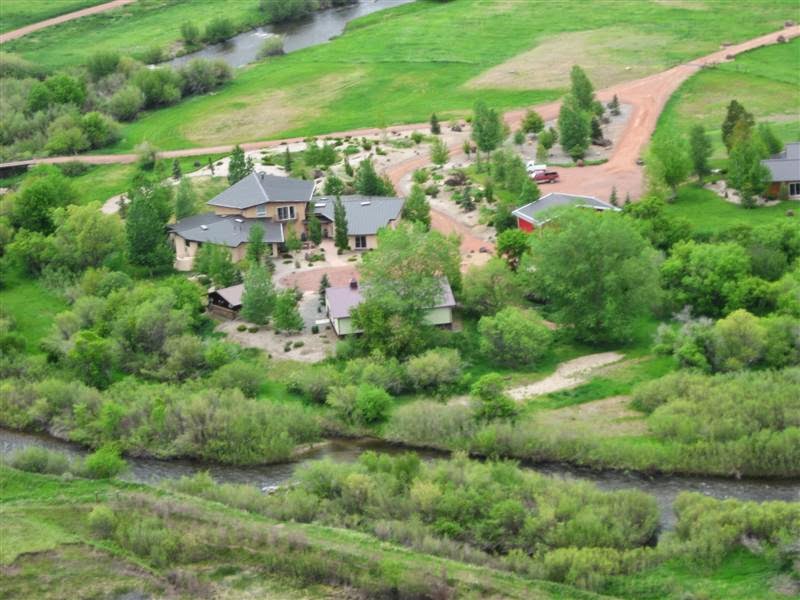Today I’m taking part in a #MyWritingProcess blog tour, in which writers answer
four questions about their writing process and then tag other writers to answer
the questions as well. Like an addict, I
love hearing how other people do it, you know, and so I was particularly
honored to be asked by the lovely and talented Bonnie ZoBell, author of What Happened Here. Here are her answers, and stay tuned next week
too, as I’ll be posted to answers by the great writers I’m tagging.
What am I working on?
Oh, I’m having such a great time! I’m working on a young adult
novel called Pride that’s Pride and Prejudice set in contemporary Wyoming. My protagonists tend to be teenagers anyway,
and so YA is a natural fit for me. Plus,
you wouldn’t believe how well-suited British classics are to present-day adaptations. I mean, down to the very movements of the
dialog. Sure, it’s different language,
but you can say exactly the same thing.
Plus I’ve set it in Jackson Hole.
If you remember, Pride and Prejudice is a lot about class, and so
Jackson is perfect because you have the well-off people flying in for vacation
or they have summer houses or winter ski condos, and then you have the locals
who can’t actually afford to live in Jackson. I’m thinking about developing a series called
the Wyoming Chronicles. The girls’ YA
novels will be rewrites of Pride and Prejudice and Wuthering Heights, and the
boys’ YA novels will be rewrites of The Island of Dr. Moreau and Dr. Jekyll and
Mr. Hide. And they’re so much fun to
write!
How does my work different from others of its genre?
Now that is a good question.
What first leaps to mind is that I have two major influences, the
Western and literary fiction. The genre
of the Western hangs heavy over life in the West, even today, and people still
hold it close to their hearts. Literary fiction,
on the other hand, has always been close to mine because I’m interested in
trying to capture the subtleties of lived experience, two people in a room and
the small violences and small kindnesses they do to one another. This is reflected in the two writers I admire
most ~ Hemingway and Virginia Woolf. I
love Hemingway because he’s our natural inheritance here in the West, and I
love VW because she also tries to capture homely interiors and
relationships. So I guess you could say
that I write literary fiction but it’s setting of the contemporary West is
unusual.
Why do I write what I do?
This question seems to imply a choice. I don’t think we have a choice. Sure, we are drawn to certain genres and
types of writing, but that’s just it. We’re
drawn to it. It’s inexplicable sometimes why we like certain things and not
other things. Growing up on a ranch, you
would think I would love the Cowboy Way and country music and horses, but I don’t.
Or rather, I do and I don’t. I’m deeply
ambivalent about it. I take to heart the
advice that your best material is what makes you uncomfortable, what
embarrasses you, what obsesses you. All
that stuff and the underlying psychology fascinates me, obsesses me, because of
course it’s the water around me, to quote David Foster Wallace.
How does my writing process work?
I avoid. I feel
guilty. I think about it and cogitate
and work it out in my mind. I avoid some
more. I think some more. Sometimes the idea goes away. I have lots of ideas all the time, especially
when I’m being productive, and so they’re always slipping away from me. But then sometimes I’m able to set boundaries
and tell the world to go to hell and start writing. Getting started is by far the hardest
part. Once I get going, it usually just
flows. I’ve thought so much about it
that it carries me along and it’s fairly final when it gets on the page. Sometimes stories will require major
restructuring, but usually not. Novels
on the other hand almost always need major rewrites. Which sucks. I rewrite as I go too. I always reread and edit through what I wrote
the last couple of days before I start writing that day’s work. It helps with continuity and also helps the
work improve every day. Once I have a
complete draft, I put it aside and then reread it. Okay, to be honest, I reread it obsessively
until I can’t any more. If I send it
out, I reread it obsessively again. You know
how it is ~ you’re trying to see how other people see it. Often, if I haven’t read something for a
while, I get to thinking about how bad it is, but then when I reread it I go, “Hey,
this isn’t nearly as bad as I thought it was.”
The Cool People I’m
Tagging














